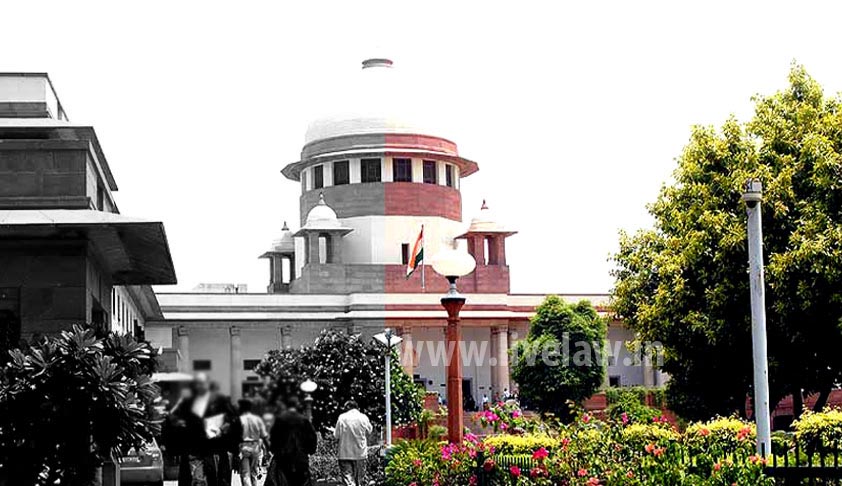“Imposition of a group leader otherwise than by the democratic process cuts at the roots of the democracy and certainly it is in violation of the Rules. It is always open to the original political parties to have their respective leaders in the aghadi. However, as far as group leader is concerned, he has to be elected by the aghadi (group),” a Supreme Court Bench comprising of Justice...

